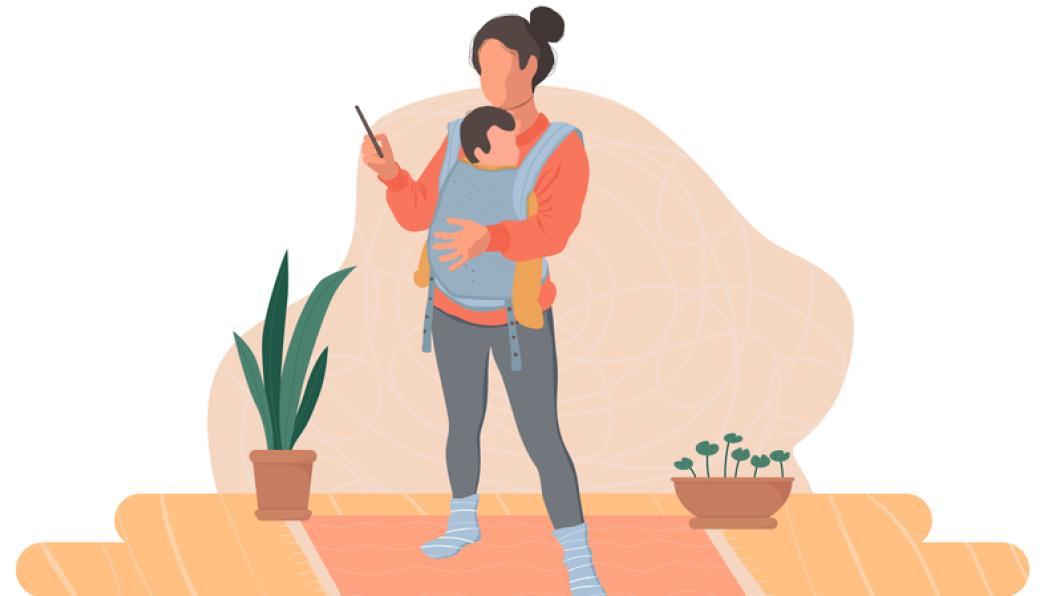
Children's rehab can make parents feel powerless
By Louise Kinross
Gillian King is a Holland Bloorview scientist who studies the social, emotional and psychological world of children with disabilities and their families.
In developing a new measure of family-centred care, she and her CanChild research colleagues held focus groups with 65 Canadian parents of disabled children aged one to 24 to learn about their experiences in children’s rehab.
Transcripts revealed 214 metaphors parents used to describe their experiences—and most were negative.
A new paper in Disability and Rehabilitation groups the metaphors about care into four themes: a lonely, bewildering journey; a battle that is confrontational, demeaning and/or traumatic; a confusing game with pieces parents have to learn to play; and barriers that feel like hitting walls.
“It was a little surprising and worrisome,” Gillian says. “We felt oh my goodness, family-centred care really hasn’t come as far as we would have hoped. One parent talked about being on an island and the service providers were on a yacht going by and waving, and sometimes the social worker would get in a rowboat and come to visit her.”
In their paper, Gillian and the CanChild research team write: “Overall, the findings reflected a clear lack of family-centred care in gaining access to services, communicating with service providers and being listened to, and in decision-making.”
Gillian says clinicians and organizations have more work to do in “being person-centred and engaged in the world of the family, rather than in the provider world. The system is focused on having x number of clients to see, wanting to get them in and out, focusing on the tangibles of the intervention and a child’s physical abilities, but missing a concern about the person, the relationship and the caring and support that families need.”
Gillian says clinicians need to spend more time upfront meeting with families and listening to their experiences and expectations, rather than moving directly into therapy. “Parents may have expectations that their child is going to be fixed and there’s a quick solution,” she says. “They’re told to go to therapy and they’re expecting certain things to happen, and when they don’t, service providers don’t always share that there may not be an answer, and that more therapy isn’t necessarily better.”
Gillian says clinicians need to help families understand that “the important thing for you and your family is loving your child. It’s not about whether they’re getting a certain number of sessions of gait therapy."
Gillian says the battle metaphor identified in their study may reflect broader cultural views that devalue disability and parents' hopes that therapies will "normalize" their child, so they better fit in.
“We need to understand that parents are nervous coming in, and to understand the uncertainty and the power issues that families experience,” Gillian says. “They feel judged, and they want to be cared for and listened to. They want providers to pay attention to their child, to make eye contact, and to do all the things that send the message that the child is valued. One of the best things services can do is open the parents’ eyes to a world where their child is valued not just by the parents, but by others.”
Inexperienced clinicians need mentoring in the kind of care that helps parents feel seen, heard and respected, Gillian says. “Often times they come in trained in technique but lacking an understanding of the family’s feelings of bewilderment and stress. I think clinicians need to understand that they can harm families with a throw-away comment or an [unkind] look. There are harms that come from poor listening.”
Gillian notes that traumatic events early on for parents can colour their experiences, leading them to strategize how to gain control. One parent “talked about how they prepared and rehearsed for days what they were going to say in a meeting,” Gillian recalls.
When parents questioned the system, some were labelled as “bad parents,” or not playing the role of a good family.
There were parents in the study who shared positive experiences of clinicians who listened to them, understood their family, gave feedback on how things were going, and celebrated successes.
But in general, parents used metaphors conveying their uncertainty, powerlessness, isolation, exclusion and hopelessness.
“Parents’ use of metaphors not only reflects a lack of family-centred care but indicates that parents experience unintentional harm in their interactions with service providers,” the authors of the paper write. “Overall, the findings speak to the importance of service providers listening meaningfully and with intent for how parents are experiencing their predicaments.”
Like this content? Sign up for our monthly BLOOM e-letter, follow @LouiseKinross on Twitter, or watch our A Family Like Mine video series.